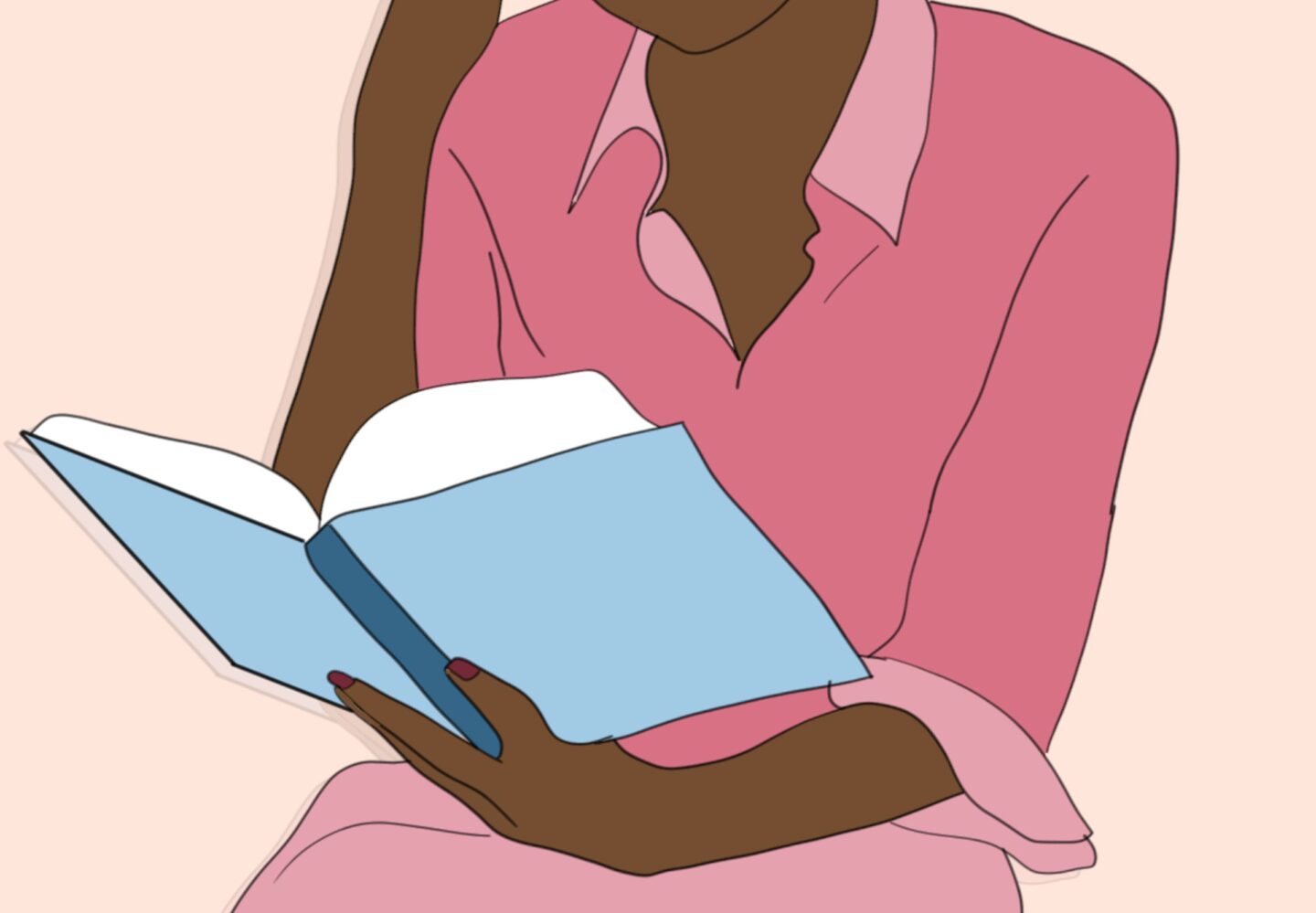The COVID-19 pandemic has affected many things; the economy, mental wellbeing, peoples’ livelihoods and obviously people’s health. However, one thing I have not heard discussed enough is the impact this pandemic is having on girls’ education, especially in the developing world. Missing out on school for a lot of girls does not just mean falling behind in their education, it can mean literally suffering violence, abuse or even death.
The risk of violence towards women and girls during the pandemic has increased exponentially. The UN itself called the worldwide increase of domestic abuse a “shadow pandemic” alongside COVID-19. With schools closed there has been a dramatic increase in sexual and gender-based violence, early pregnancies, unsafe abortions and child marriages. Furthermore, with the schools being shut it severely limits these girls’ opportunity to report what has happened to them; they’re harder to reach outside school and don’t have access to the same support as when in school. Girls that face these experiences, are likely to never return to school.
“The closure of schools has increased girls’ vulnerability to physical and sexual abuse, both by their peers and by older men, as girls are often at home alone and unsupervised”
Women’s Health and Reproductive Rights Organization, Sierra Leone
In recent years, hard campaigning for girls’ education has created a slowly improving situation, however, the way things are looking right now, all of this could be overturned within a matter of months. Nobody knows for sure when this crisis will be over, and it is more likely that it will carry on for longer in the developing world due to lack of access to the up and coming vaccine, thereby deepening an already big crisis. The longer this pandemic goes on the more girls will lose out, not just to COVID-19, but to gender-based violence, child marriages, early pregnancies and the great benefit of education. From every angle, these girls will lose and it will impact the rest of their lives.
“Schools are closed, and girls are more at risk of carrying unwanted pregnancies. We have just recorded more than five cases of girls who have experienced acts of sexual violence in Mwenga territory and require comprehensive care”
Girls Not Brides member organization, Democratic Republic of the Congo

The Coronavirus pandemic in certain countries has led to the ‘greatest surge in child marriages in 25 years’. The charity Save the Children has spoken out about how the pandemic is increasing poverty, forcing girls out of school and into work or marriage. Dr Faith Mwangi-Powell, chief executive of Girls Not Brides, said education “provides a safety net for girls”. Education really is the main path to the eradication of issues such as child marriage, so with girls out of school due to the pandemic this path is becoming more and more problematic. The charity Girls Not Brides has suggested that by 2025, if no action is taken, there could be 61 million child marriages, and this estimate according to the charity could just be the “tip of the iceberg”.
“Nobody knows when this COVID-19 crisis will be over. So, [a girl’s] guardian may think of marrying her off, instead of waiting for schools to reopen”
Association of Voluntary Actions for Society, Bangladesh
Without these horrendous outcomes, the COVID-19 crisis has served generally to widen the gap between girls’ education and their male counterparts in the poorest countries. Even before 2020 and COVID-19, 130 million girls were out of school globally. These numbers however have only increased. Only 12% of households in the poorest countries have access to internet at home and women and girls are 26% less likely to have access to mobile internet than their male peers. And with a lot of current learning having to take place online, a lack of internet can mean girls still enrolled in school will have to go months without any lessons or any access to learning facilities. As Michelle Obama comments: “millions of girls…are battling through misperceptions, violence, stigma to get their way into a classroom.”
“In a crisis like COVID-19, girls and young women are the first to be removed from school and the last to return”
Malala Yousafazi
We have had a tendency to look inwards during this pandemic, to concentrate on our own country and how we’re dealing with it. This has been demonstrated by the recent decision of the British government to cut international aid to 0.5% of GDP. Yet, the dire situation surrounding girls’ education has been recognised by many leaders, including the UK foreign secretary, Dominic Raab himself commented: “This problem has a real cost — not only in loss of talent and potential — but on communities, societies, and the global economy … It is time for leaders to step up and act.”. However, the pandemic has meant that not only have leaders not acted, they have in-fact reduced funding and are doing even less. Surely civilized, affluent societies can do better than this.
“The international community has seen significant progress over the last 20 years to get children in school and learning, many of these gains are now likely to be undone by the health crisis without targeted action from governments”
Philippa Lei, Chief Advocacy Officer at Malala Fund.
The figures are extremely worrying, they show that in many countries of the world we really are facing a lost generation of girls; married off as children to older men, forced out of education to work, victims of gender-based violence and sexual abuse, early pregnancies and unsafe abortions. All of which are greatly facilitated by the ongoing pandemic. If something isn’t done soon this crisis will only worsen and more girls will be lost. Closing schools does not just affect girls’ education, for many, it can literally mean the difference between life and death.
Find more feminism articles here >
Written by Harriet Conway
Illustrated by Francesca Mariama
References
- BBC NEWS, ‘Coronavirus risks greatest surge in child marriages in 25 years’ [accessed 28 Nov 2020] https://www.bbc.co.uk/news/world-54370316
- Girls Not Brides, ‘Whats Happening To Girls’ Education During the Covid-19 Pandemic’ [accessed 1 Dec 2020] https://www.girlsnotbrides.org/educating-girls-during-covid-19/
- GLAMOUR, ‘Michelle Obama Is Back and Doing What She Does Best-Standing Up for Girls’ [29 Nov 2020] https://www.glamour.com/story/michelle-obama-new-education-initiative-global-girls-alliance
- Global Citizen, ‘UK Government’s Cuts to Aid Budget Put Girls’ Education at Risk’ [accessed 28 Nov 2020] https://www.globalcitizen.org/en/content/uk-aid-cuts-put-girls-education-at-risk/
- MALALA FUND’ ‘Malala Fund releases report on girls’ education and COVID-19’ [accessed 1 DEC 2020] https://malala.org/newsroom/archive/malala-fund-releases-report-girls-education-covid-19
- UN Women, ‘Violence against women and girls: the shadow pandemic’ [accessed 29 Nov 2020] https://www.unwomen.org/en/news/stories/2020/4/statement-ed-phumzile-violence-against-women-during-pandemic

